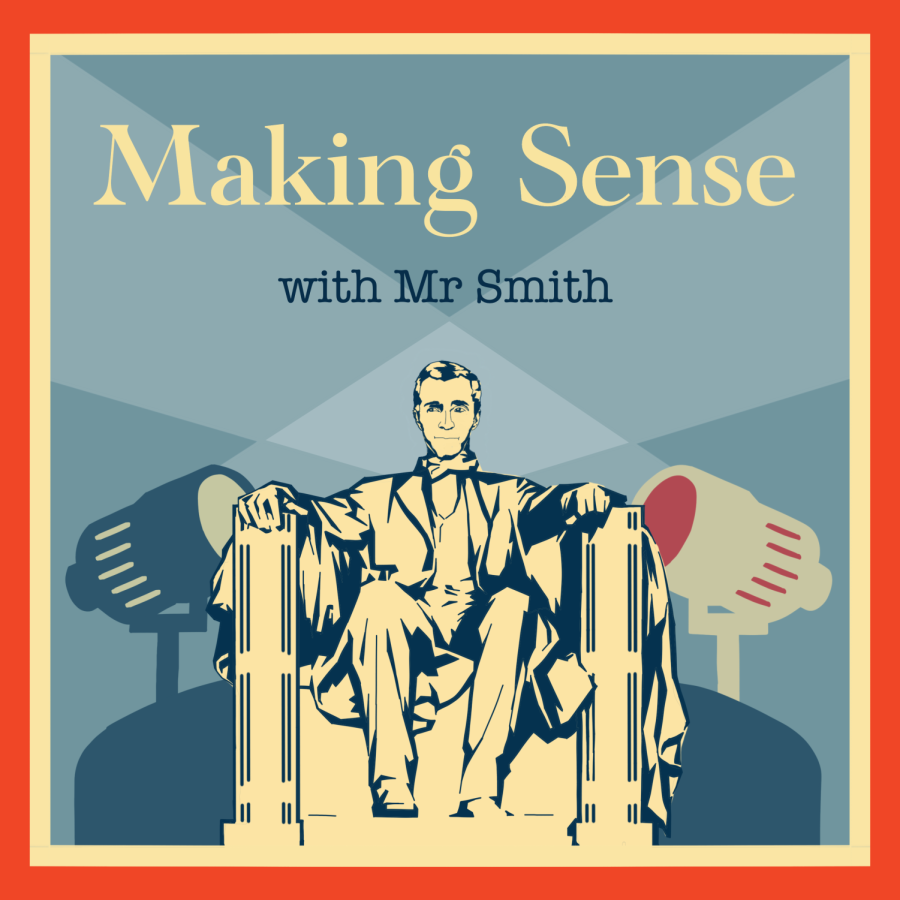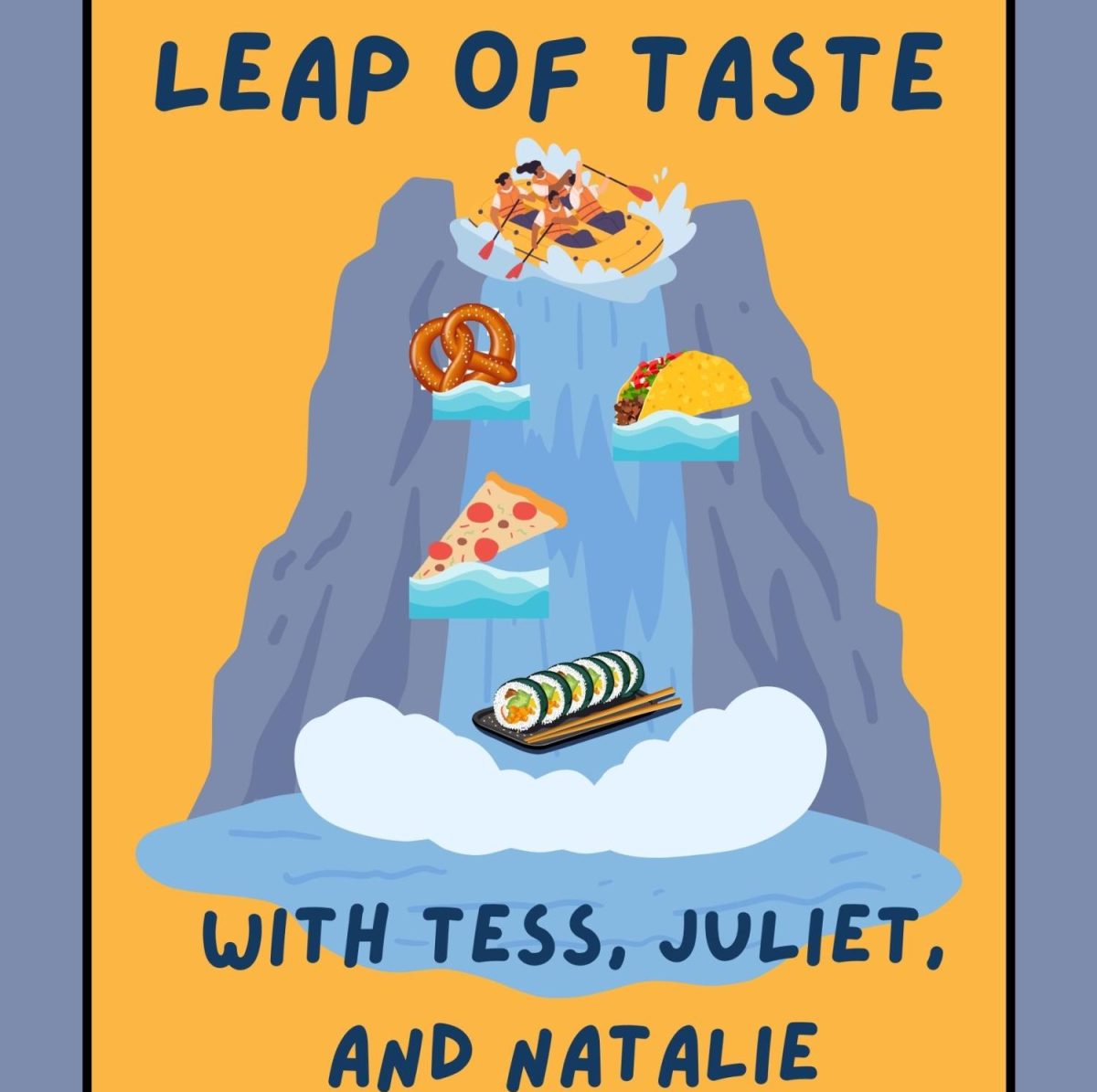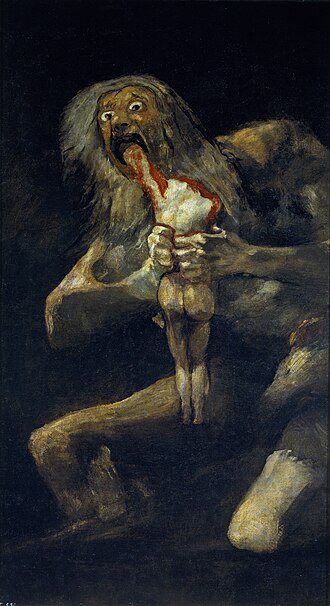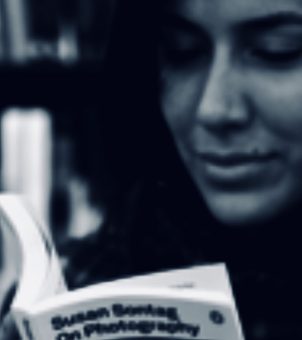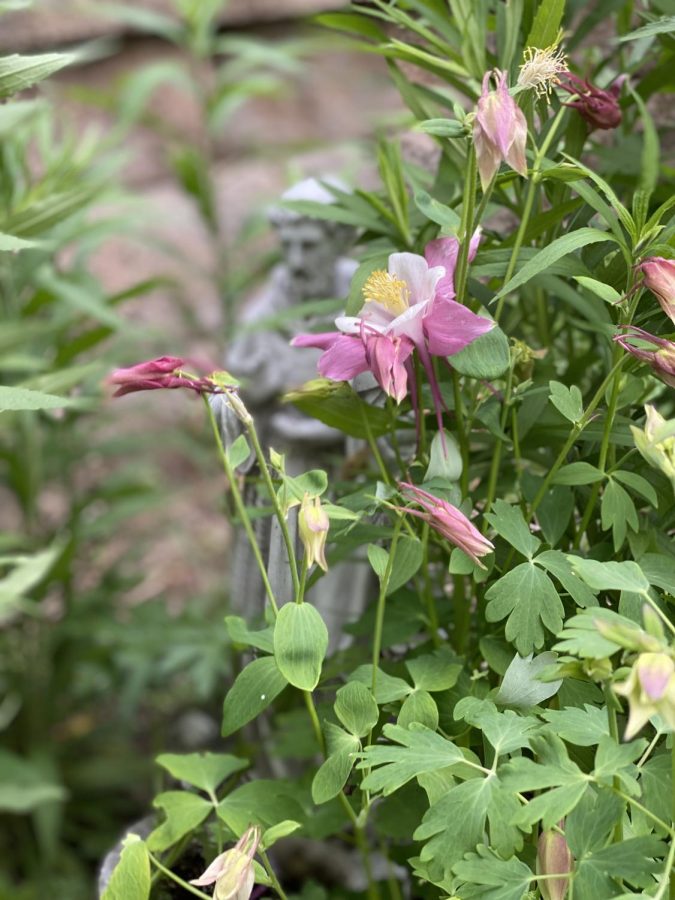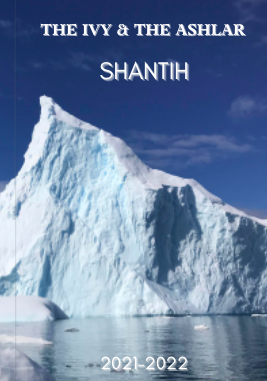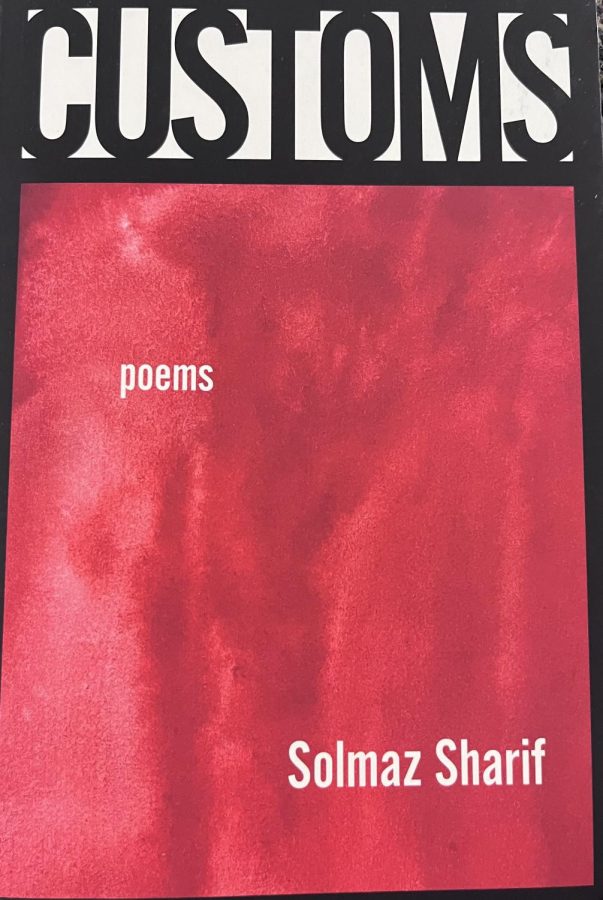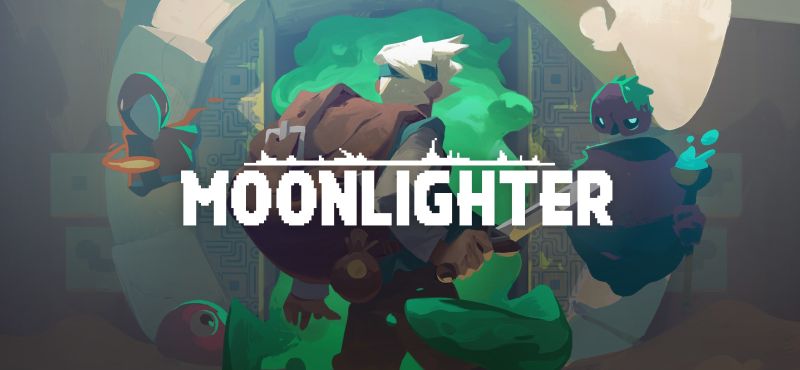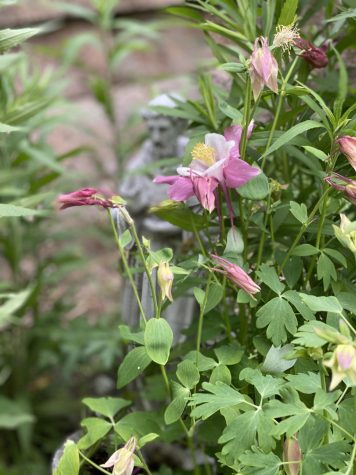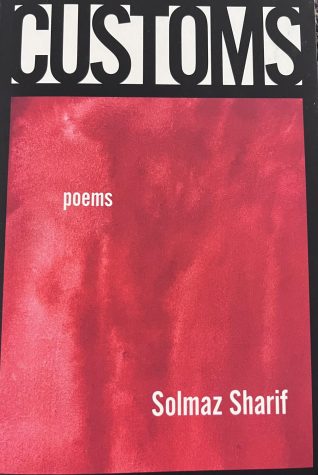Poetry Review: Claude McKay’s Harlem Shadows
A new centenary edition underscores the lasting relevance of a powerful Jamaican-American poetic voice
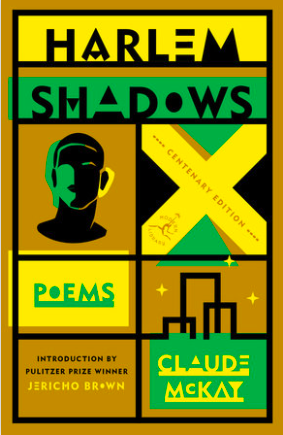
2022 marks the centennial of Harlem Renaissance poet Claude McKay’s influential and striking collection of poetry Harlem Shadows, the themes and images of which, despite their age, have an unmistakable endurance and prominence today. While there is no need for an excuse to read the poetry of such an illustrious and prolific poet, as February is Black History Month, it is only right to highlight a poet who through his work called attention to many of the realities—both positive and negative—of Black Americans. Simply put, Claude McKay and his works are wonderful. His poetry is enlightening—often personal, and always profound.
One of many exceptional aspects of The Modern Library’s centenary edition of Harlem Shadows is a thought provoking introduction by Jericho Brown, Pulitzer Prize winning poet of The Tradition (Copper Canyon Press, 2019). Brown provides an analysis of McKay’s work, concluding with a note on how McKay was instrumental in his own success: “I cannot imagine how I would have ever known to write my own poems had Claude McKay not written his.”

The poetry of Claude McKay—an immigrant from Jamaica who moved first to South Carolina, before eventually settling in Harlem—is inextricably tied to a theme of place. This theme is solidified even within the first three poems—the second is titled “To One Coming North,” and the third poem is his well known sonnet “America,” which explores America as a country that “sinks into my throat her tiger’s tooth,” yet, this source of anguish he cannot help but love: “I love this cultured hell that tests my youth!” “America” is a perfect example of the complexity of McKay’s work—it is at once deeply personal, easy to empathize with, and an image of nuance.
Stylistically, the poems of McKay’s Harlem Shadows are settled within clear structures and rhyme schemes; many are sonnets. A set structure as this differs from some of his Harlem Renaissance contemporaries—perhaps most notably, Langston Hughes, known for his musical poetry that borrows from the rhythm of jazz. Some are quick to condemn a “standard” form of poetry; however, I am of the same mind as Jericho Brown, who, in his introduction argues that the form itself speaks to McKay’s complexity, and his examination of form itself.
“Standard” form, that is, a poem following a clear structure and rhyme scheme is by no means a fault—in McKay’s case, the form of his poetry allows him to further explore himself and his art.
Of course, one would be remiss to examine the works of Claude McKay without taking at least a look at his famous sonnet “If We Must Die.” This poem, evoking racial violence, perseverance, and bravery is still more than significant even 100 years after it was published. Unfortunately, one cannot say that in the 21st century racial violence is no longer a persistent problem in our society; however, in the wake of continued police brutality, supporters of the Black Lives Matter movement have proved time and time again that they will fight back, and McKay’s words remain a call to action: “If we must die, O let us nobly die, / So that our precious blood may not be shed / In vain; then even the monsters we defy / Shall be constrained to honor us though dead!”

Reading this poem in the last week gives it an additional layer. I have difficulty reading this without thinking of the Ukrainian soldiers and civilians who, while outnumbered, refuse to give in, and refuse to give up while facing Russian aggression in their country. I find that I cannot read the final line of this poem: “Pressed to the wall, dying, but fighting back!” without thinking of first and foremost the thirteen guards on Ukraine’s Snake Island who, when faced with the threat of attack by a Russian warship, refused to surrender, and stood their ground. I cannot help but think of Ukrainian President Volodymyr Zelenskyy and his refusal to evacuate. I cannot help but think of the parents caring for their children in the subways and bomb shelters of Kyiv.
There is no doubt that McKay’s Harlem Shadows endures. I find that the beauty of poetry, and the beauty of art is that it is at once self expression of the poet, and an opportunity for the audience to engage, to see themselves within the pages themselves. Harlem Shadows explores race, life in Harlem, racial violence, love, and all things in between, and it is both a deep delve into McKay himself, and the society which encompasses us all—in 1922, in 2022.
The Modern Library’s centenary edition of Harlem Shadows can be purchased through bookshop.org.





